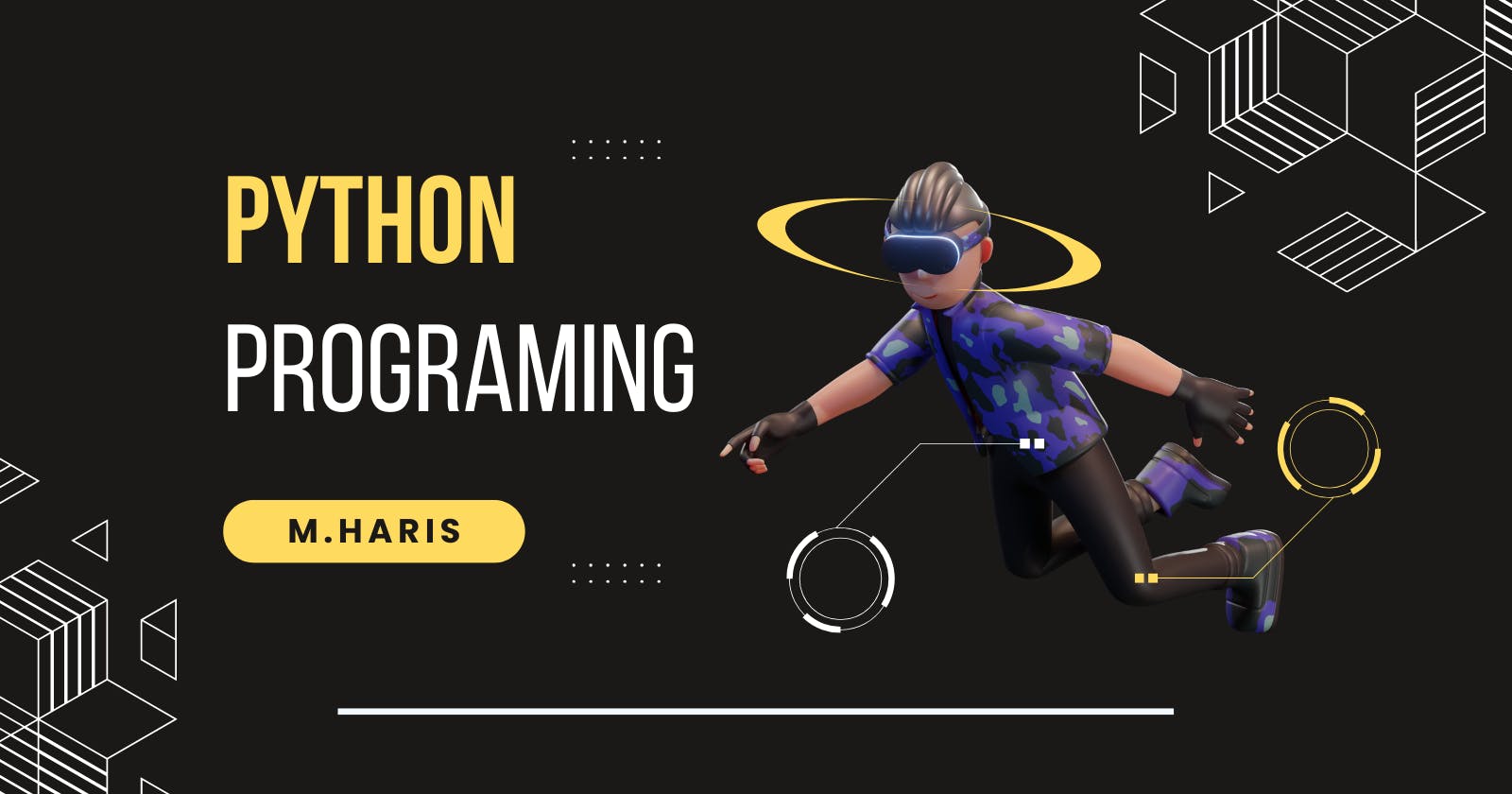Python the Most Powerful Tool
Python is the "most powerful language you can still read".
Introduction
Python is a high-level, interpreted programming language that was first released in 1991. It was created by Guido van Rossum and was named after Monty Python, a British comedy troupe. Python is known for its simple and easy-to-learn syntax, which allows developers to write code quickly and efficiently. Python is an interpreted language, which means that it does not need to be compiled before it is run. Instead, the interpreter reads and executes the code directly. This makes it easy for developers to write and test their code without having to go through the compilation process.
Python is an object-oriented language, which means that it allows developers to create and manipulate objects. This makes it easy to create complex applications with multiple classes and objects. Python is also known for its extensive standard library, which includes modules for tasks such as file I/O, regular expressions, and network programming. The standard library makes it easy for developers to perform common tasks without having to write additional code.
Applications In the Real World
Python is a general-purpose language, which means that it can be used for a wide variety of applications. Some of them are:
Machine Learning
Python has become the go-to language for machine learning and artificial intelligence applications. The language’s simplicity and readability make it easy for developers to create complex algorithms and models. Python’s vast ecosystem of machine learning libraries like TensorFlow, Keras, and PyTorch have made it a popular choice for data scientists and machine learning engineers.
Data Science
Python is also widely used in data science for data analysis, visualization, and manipulation. With libraries like NumPy, Pandas, and Matplotlib, Python makes it easy to perform complex data analysis tasks, even with large datasets. Python’s simple syntax and powerful libraries make it a great choice for data scientists, analysts, and researchers.
Web Development
Python frameworks like Django and Flask have made it easier to build web applications. These frameworks provide a simple and elegant structure for building web applications, allowing developers to focus on the application’s features rather than the underlying code. Python’s rich library ecosystem has also made it a popular choice for web development, with libraries like BeautifulSoup for web scraping, Requests for HTTP requests, and PyJWT for JSON web tokens.
Automation
Python’s ease of use and simplicity make it a popular choice for automation tasks. With libraries like PyAutoGUI, developers can automate repetitive tasks such as data entry, file handling, and web scraping. This makes Python a powerful tool for businesses and organizations looking to improve their productivity and efficiency.
Cybersecurity
Python is a popular language for cybersecurity professionals because of its flexibility and powerful libraries. With libraries like Scapy for network analysis, PyCrypto for encryption and decryption, and PyPDF2 for PDF manipulation, Python has become a powerful tool for cybersecurity professionals.
Blockchain
Python is commonly used for building blockchain applications due to its simplicity and versatility. With libraries like pycoin and btcpy, developers can create blockchain applications with ease. This has made Python a popular choice for building decentralized applications, smart contracts, and other blockchain-related projects.
Artificial Intelligence
Python is used for developing AI models and tools, including neural networks and deep learning algorithms. With libraries like TensorFlow, Keras, and PyTorch, Python has become a popular choice for developing complex AI models. This has made Python a powerful tool for businesses and organizations looking to leverage AI technology.
Cloud Computing
Python is popular for cloud computing because it is easy to use and has a wide range of libraries for working with cloud-based systems. With libraries like Boto3 for Amazon Web Services, Google Cloud Platform for Google Cloud, and Azure SDK for Microsoft Azure, Python has become a powerful tool for developers building cloud-based applications and systems.
Internet of Things (IoT)
Python is often used for building IoT applications because of its lightweight nature and easy-to-use libraries. With libraries like PySerial for serial communication, PyBluez for Bluetooth communication, and PiGPIO for controlling the Raspberry Pi’s GPIO pins, Python has become a popular choice for building IoT applications.
Game Development
Python is used for developing games because of its simplicity and the availability of game development libraries like Pygame. With Pygame, developers can create 2D games with ease. This has made Python a popular choice for hobbyist game developers and small indie studios.
Conclusion
In conclusion, Python is a versatile programming language that can be used for a wide range of applications. Its simple syntax, object-oriented features, and extensive library ecosystem have made it a popular choice for developers around the world.
